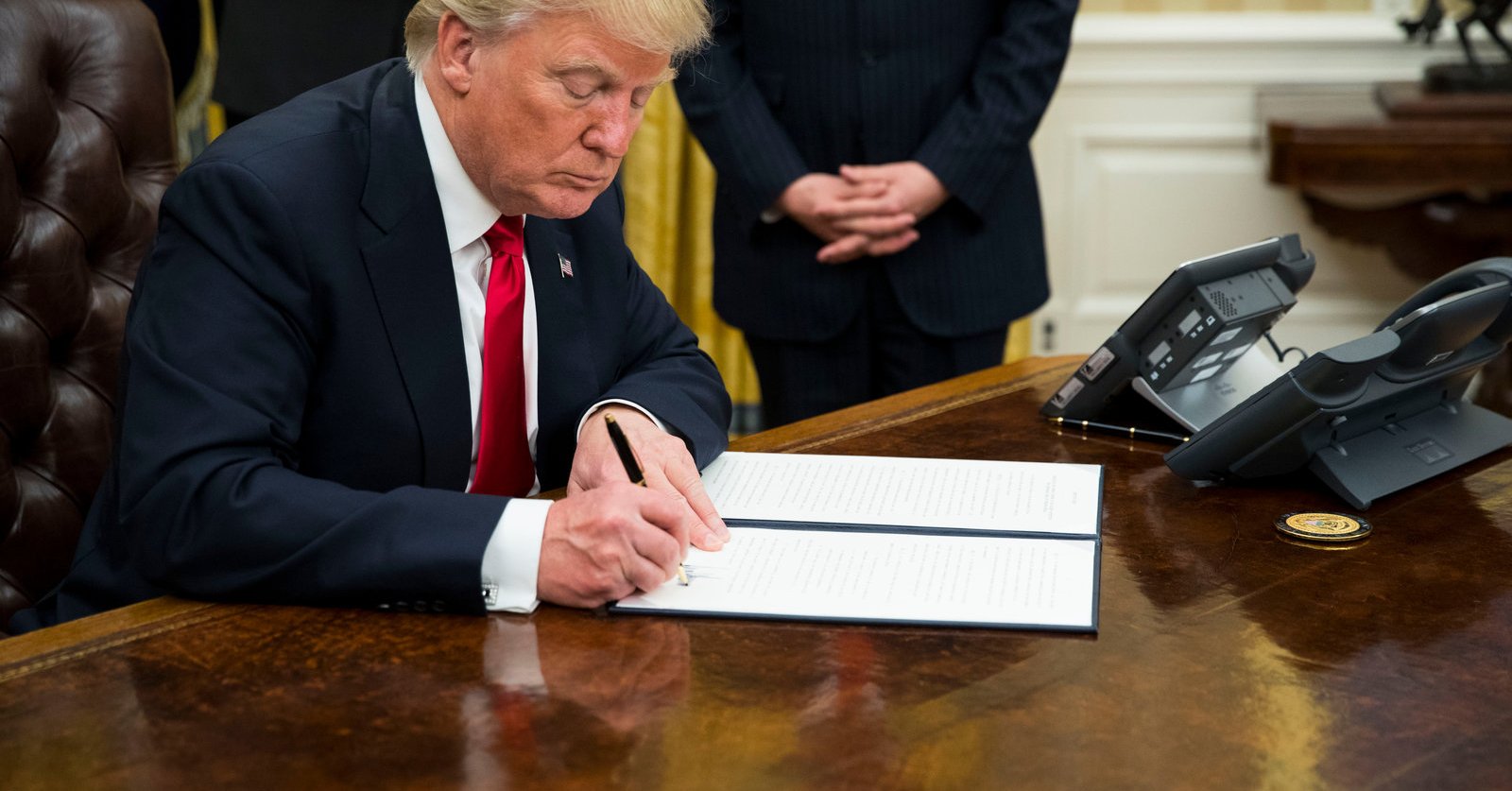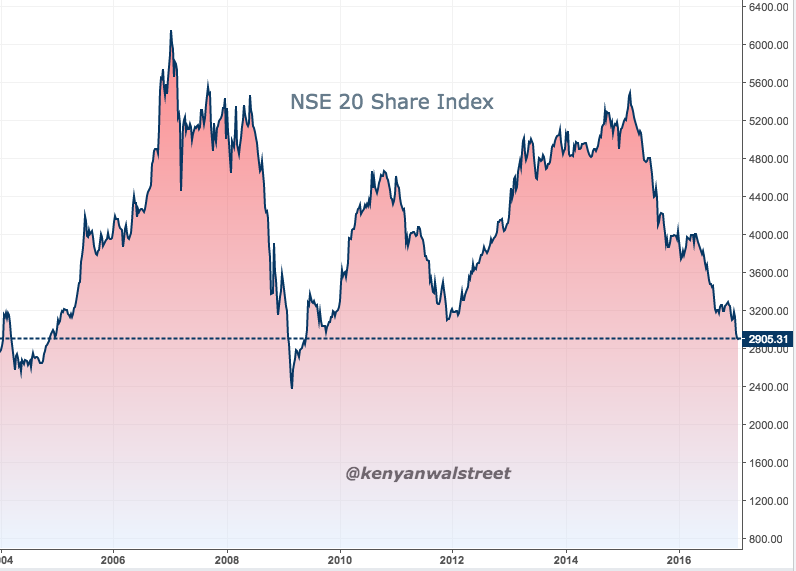The Trump policy towards Africa will not be clear for several months at least, if we are to judge by the time it has taken past administrations to put their teams in place and articulate their objectives. While it is apparent that he has had very little contact with the continent, the same was true for Presidents Clinton and Bush. Similarly, President Obama—who later emerged as a champion of African-U.S. private sector investment—did not develop a strategy for the continent until the end of his first term.
So, what might lay ahead for Africa?
One of the most interesting initiatives to appear in the transition is the formation of Trump’s President’s Strategic and Policy Forum. The purpose of this group is to provide the president with private sector expertise on creating jobs and accelerating economic growth.
The group is made up of 16 CEOs and, notably, many lead companies that are active in Africa. They include: Blackstone, General Motors, Wal-Mart, Boeing, IBM, Ernst & Young, and GE. The forum’s first meeting is planned for February at the White House.
Clearly the focus of the forum will be on the private sector’s role in rebuilding America’s infrastructure, which Trump announced as a priority on election night. This goal has great relevance and potential for Africa. For instance, one proposal would be to create an economic subcommittee of the forum to look at infrastructure opportunities for American companies in Africa that would utilize American-made components. Enhancing the U.S. role in addressing Africa’s infrastructure deficit with American machinery and other products would increase U.S. exports to the region. In 2015, the export of U.S. goods to Africa was valued at $18 billion, which supports an estimated 121,000 jobs in the U.S., according to the Commerce Department.
To facilitate its work, an African subcommittee of the forum could coordinate its work with the President’s Advisory Committee on Doing Business in Africa (PAC-DBIA), which reports to the president through the secretary of commerce. Over the course of three meetings, the PAC-DBIA has made a number of recommendations related to enhancing the role of the Unites States in developing Africa’s infrastructure. These recommendations include creating a U.S.-Africa Infrastructure Center and prioritizing U.S. companies and products in building out Africa’s transportation, energy, and health infrastructure.
The last three presidents have left positive legacies related to Africa. This includes President Clinton’s signing into law of the African Growth and Opportunity Act; President Bush’s support for the President’s Emergency Program for AIDS Relief and the Millennium Challenge Corporation; and Power Africa, the Young African Leaders Initiative, and the U.S.- Africa Leaders Summit of the Obama administration. A strategy that incentivizes American companies in such a way that it increases U.S. exports and jobs to reduce Africa’s infrastructure deficit would contribute to a legacy in Africa for President-elect Trump on par with his predecessors, if not more so.
To make this happen, African leaders should engage the Trump administration actively and with an open mind. They should also endeavor to point out ways in which a substantial infrastructure program could benefit Americans as much it would those on the African continent.
By Witney Schneidman
Nonresident Fellow, Africa Growth Initiative, Global Economy and Development, Brookings Institution




